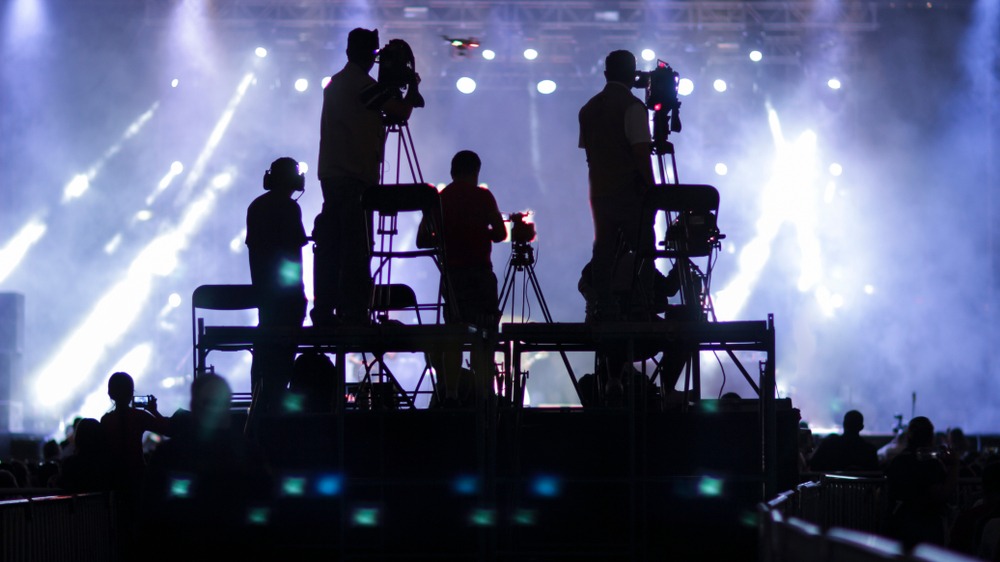6 steps to finding the right event tech vendors and product
Finding the right event tech can be a long, tedious process. The journey of locating vendors and the resources that best match your needs can send any planner into a tailspin.
To help planners avoid the inevitable headache, Smart Meetings sat down with Huong Nguyen, CEO and founder of Shiloh Events, to find the best path forward for meeting planners looking for the right event tech for their needs.
Listen to the entire webinar here.
1. Understand Your Goals
Having a firm grasp on your vision grounds planning and simplifies the prioritization of must-have tech necessities.
Nguyen posed a few questions for planners to ask themselves.
- What is the purpose of your event?
- What type of event is it?
- Who is attending?
- Who is the target audience?
- What are the KPIs?
- What does success look like?
- What will the attendee experience be?
- What does failure look like?
“Once you have identified your final destination, you’re gonna have to navigate through those waters to overcome certain challenges to make it successful,” said Nguyen. “Event tech tools are going to help you solve those problems and challenges.”
2. Understanding Event Tech
If your goals include attendee engagement, improved DEI and a stellar attendee experience, the solutions could consist of things like mobile apps, digital accessibility tools (live transcription and subtitles) and audience response software to track crowd reactions.
Read More: Essential F&B: F&B Event Tech
“We want to facilitate an environment for that connection to be intentional and meaningful,” said Nguyen.
3. Factors to Consider
As meeting planners start mapping out their needs, here are a few more aspects to consider.
Functionalities: What features do we absolutely need?
Often, consumers purchase products, but upon using them realize none of the features actually help them.
“Keep in mind what you really need,” Nguyen advised. “Is this software going to make your planning experience more efficient? Is it going to alleviate the manual work to save time? What issue is this software going to solve for you?”
Ease of use: Is the event tech software intuitive?
Cross-training staff allows you to delegate tasks to team members so that multiple people can support when needed.
“The learning curve for technology can be very hard to overcome and oftentimes discouraging without the right guidance and support,” Nguyen said.
She suggested utilizing free trial periods and asking vendors to build out your event as a sample. Then, request access for you and your team to test. You can also ask to extend the trial and open all the functionalities to see the full scope of the tech.
“Select a platform that is intuitive, easy to access and with readily available resources,” she said.
Cost: How much is each line item?
Nguyen suggested asking vendors what exactly is included in the total price tag.
“Sometimes the cost of an event tech platform does not include the initial build or the support hours. Be sure when you’re reviewing the cost proposal, to ask the vendor what it actually includes.”
Another budget maximizer: ask for refunds for features that are not used.
Support: What resources are available?
When asking the vendor about support options, ask these questions:
- How many support hours are included at the baseline?
- What are the basic vs. additional packages? Are there add-ons available?
- Where and in what time zone is your support team located?
- Are you going to assign someone specific to me?
Scalability: Are you looking to scale your program up for the future?
Event planners looking to scale up for the future may want to look at: advanced ticketing, task management, discount codes, sessions tracking, robust e-mail marketing and communications.
“Ask how often the vendor updates their technology,” Nguyen suggested. “There may be some features that you want today that are affordable. But after year one, you’re going to want new features, right? The question is, is this vendor going to be able to grow with you?”
4. The Market Place
The search for the right vendor can be daunting. But it doesn’t have to be! Once you have narrowed down your top choices, you’ll then start emailing vendors to request demos.
“You need to send them what it is that you’re looking for, because you do not want to waste 30 minutes of your time with each of 10 tech vendor demos.”
Check out customer reviews. Be specifically mindful of whether and how the vendor responded to negative reviews.
Once you start doing demos, ask a lot of questions and involve your teammates. Consider doing a comparative analysis between the vendors with your team.
5. Always Negotiate
When negotiating your contract, consider these aspects:
- Quantity of registrants or users
- Training and support hours for pre-event and day-of-event support
- Initial build
Read More: Don’t Blame Covid if Rooms Aren’t Ready When Guests Check In
“We all know during the day of the program, a lot of things can go wrong, and we need someone there to help us solve and troubleshoot these problems,” said Nguyen.
6. Implementation
You got your tech ready? Great. Now the process of getting everyone on the same page begins. Create an implementation strategy to address training and onboarding and starting the initial build.
“This is where the whole team comes together to learn the platform. [During] the initial built you gather assets and content,” said Nguyen.
Plans should also cover:
- Launch of event tech
- Testing, testing and testing again
- Updates and maintenance
- Reporting
Keep these steps in mind in the future to avoid poor user experience, stressful planning, chaos and lack of preparedness.




